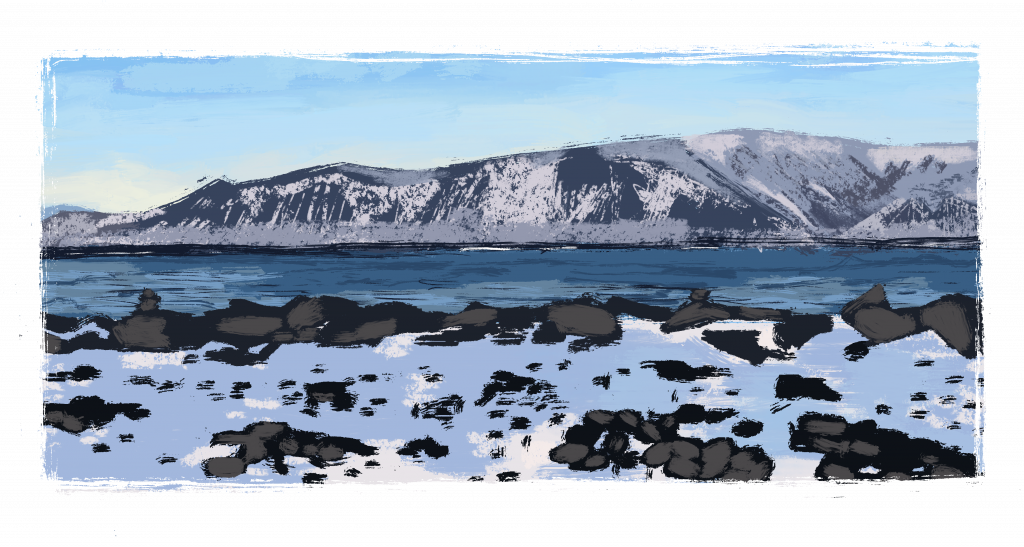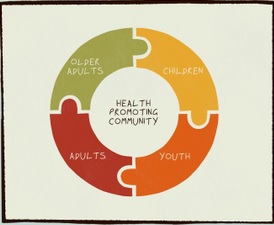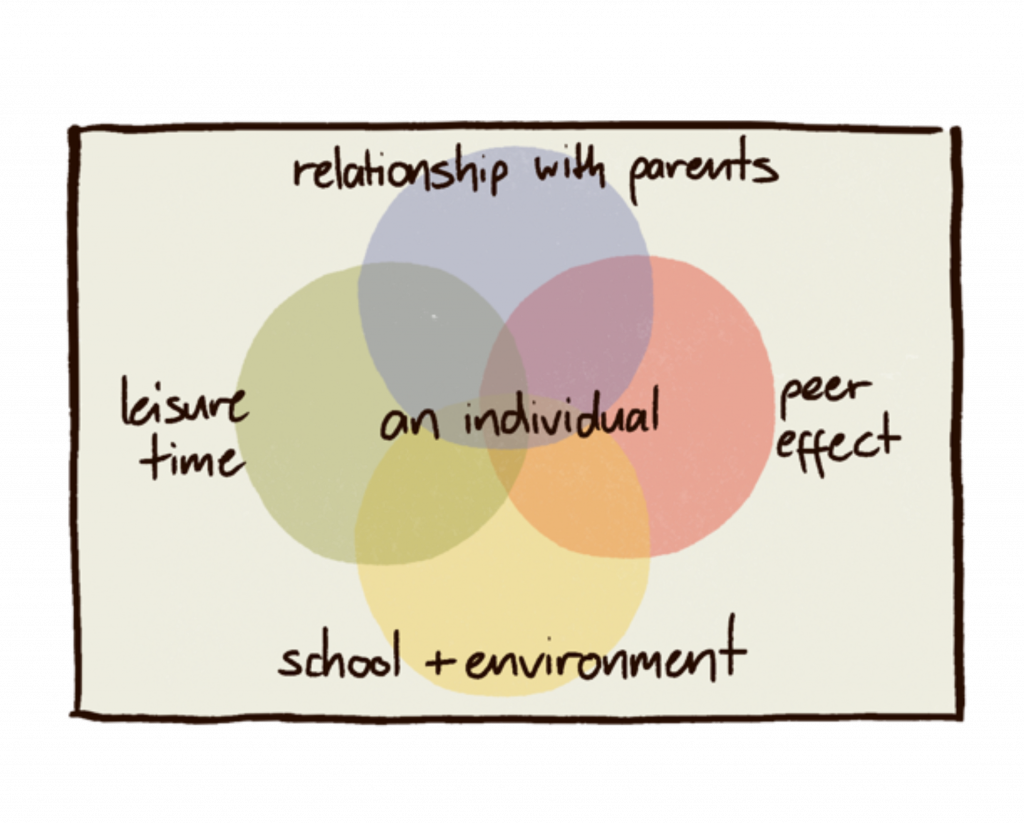Wendy Masterton, Research Assistant and PhD Researcher, Salvation Army Centre for Addiction Services and Research, University of Stirling
Dr Hannah Carver, Lecturer in Substance Use, Salvation Army Centre for Addiction Services and Research, University of Stirling
Dr Tessa Parkes, Director, Salvation Army Centre for Addiction Services and Research, University of Stirling

In Scotland, substance use amongst young people is a significant public health concern, with many young people reporting alcohol, tobacco, and/or drug use. Iceland had similar concerns regarding young people and substance use, but since implementation of the Youth in Iceland Model (YiIM, also known as ‘Planet Youth’), rates of alcohol, tobacco, and drug use have decreased dramatically. The YiIM is a community-based approach aiming to prevent young people’s substance use through reducing risk factors and increasing protective factors. Information about young people’s health and wellbeing, including substance use, is gathered through surveys distributed in schools. Protective factors are then developed by the community in response to the data and schools are encouraged to strengthen supportive networks between themselves, parents, and other community organisations. The model has been implemented in more than 30 countries worldwide, with adaptations to suit locally specific conditions.

Since November 2019, a multidisciplinary team has been looking at the evidence of the YiIM and how it could be implemented in Dundee as an evidence-based, primary prevention intervention. The aim of the project was to review the scientific evidence, including that gained first-hand, for the model’s applicability to Dundee; gain an in-depth understanding of how the model could be implemented/adapted locally; and make recommendations to key decision-makers in the city and beyond.

The final dissemination event for the project was held on 26th April 2021 via Zoom. A wide range of people were invited from across Scotland/UK. The purpose of the event was to share project findings; to premiere the film made as part of the dissemination outputs; to hear about the comic output process, and to facilitate discussion about the next steps for the YiIM in Dundee, with Winning Scotland moving forward with Planet Youth surveys in five areas of Scotland, including Dundee, in September.
The film was particularly successful, and emotive. Many attendees commented on the link they felt with Dundee when they watched the film, the beautiful shots of Iceland, and the fascinating conversations between people involved with Planet Youth. The comic artist, Millie Strachan, also discussed her process of developing the comics for the project outputs. Again, many people commented on how powerful the comics were, and how they allowed a level of engagement with the project in a novel way.
The event facilitated discussion between people from different areas, with different types of expertise, and dialogue between attendees was excellent. The YiIM was viewed favourably overall, and there were a number of takeaway messages gathered through discussions in preparation for future implementation of the model. For example, it was noted that we should not be scared to say that what has been done in relation to prevention approaches has not worked, and there is a need for something different to manage the risk of substance-related harm.

The YiIM provides a new preventative approach to try to stop the increasing drug-related harm in future generations – this model is therefore not a ‘sticking plaster’. The model represents true partnership and dialogue with key members of the community, including young people themselves. It is a “whole population” approach to working together with schools supporting parents, and parents supporting young people. Indeed, one of the key considerations seen through the discussions was that engagement with young people to build interventions is very exciting, and their ‘voice’ should be at the centre of work moving forward.

Find out more about the Youth in Iceland Model through the project website.
Read the project briefing paper via the University’s Public Policy Hub.
